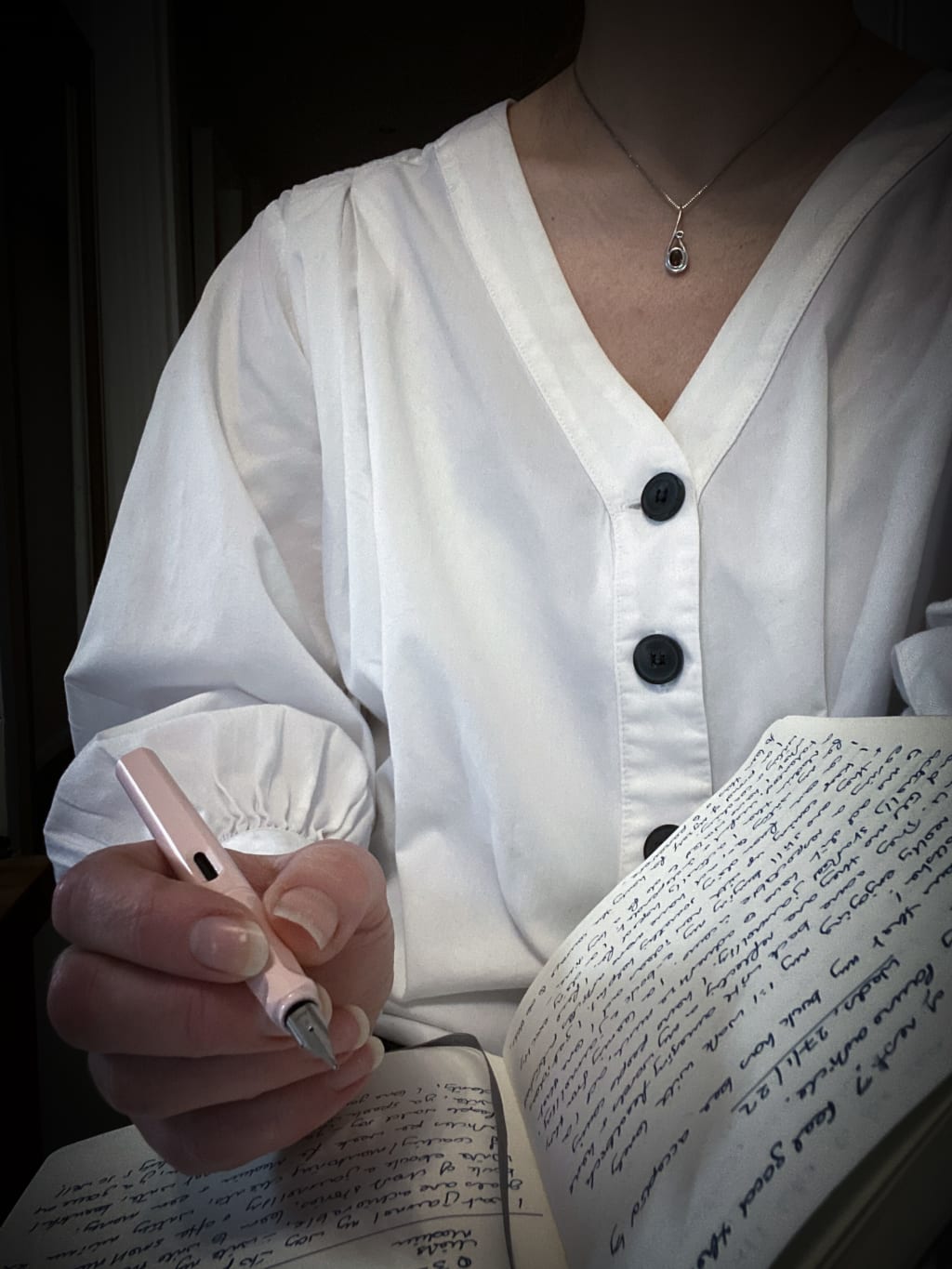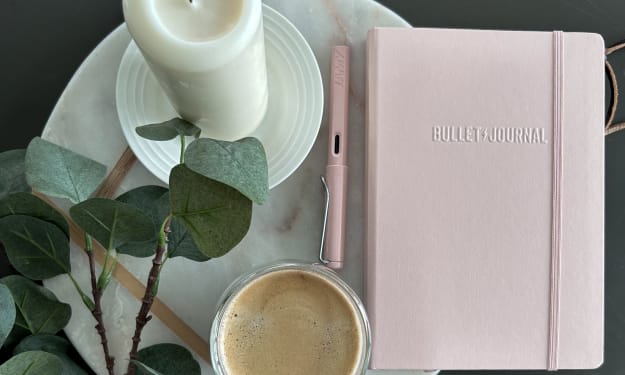Gentle Stories of Discovery: Chapter 2
It’s Okay to be Boring

“Well, You’re just a bit,” she paused before ending with a gut punching “boring”.
Attempting nonchalance, I enquired, “What can I do to be better, more fun?”
With a shrug of her shoulders she turned back to her friends, briefly looking over her shoulder to reply “Nothing. It’s a personality thing”
I stood defeated, and foresaw a future mapped out before me. A boring nobody who struggled to be seen in life.
I was eight years old.
Society puts the extroverts on the stage, because that’s where they want to be. It’s often FOMO that makes many of us think that we want that too. In reality, we probably don’t.
I’ve lost count of the number of New Year’s Eve parties where I’d plastered a big fake grin across my face whilst warbling out some fizz-soaked version of ‘Auld Lang Syne’, standing in a circle linking arms with a sweaty, swaying stranger on either side.
Where everyone seemed to be in their element, flinging arms around each other, merry from champagne, cheap wine and artificial connection.
Where, I felt stone cold sober despite having drunk whatever was on offer.
Where I just wanted to sit down with one or two of my best friends and chat, sharing funny stories and drinking in an elixir of memories.
But I would always pull myself together, and keep singing, my cheeks aching from the force of pulling the muscles of my face into a well-practiced smile.
Growing up in this culture, as an introvert, was sometimes like navigating a surreal planet without a clear map. Acceptance and respect depended on participation and success at being visible.
To succeed you had to be funny, lively and generally entertaining. I practiced for years, but only ever managed a barely acceptable level, just to get by. It is so easy to lose sight of yourself when you pretend for so long. The cognitive dissonance dissipates as you learn to believe your own carefully curated internal narrative.
How could I entertain the idea of self-love when everyone and everything around me screamed ‘Change! Change yourself if you want to be liked, or even seen.’ My own inner voice rose above the others.
All this was going through my mind as I, still only in my twenties, eyed that bottle of vodka tucked just behind the food processor. It was left over from a party the previous weekend.
That first date was important. It mattered to me. He was particularly good-looking, (read:I fancied the pants off him), in a band, and highly sought after. This was not something I wanted to ‘fuck up’. It had been simple enough to impress when I diluted myself with amusing fun friends around me. I’d only needed to ensure I looked alluring and sounded exciting for small snippets of snatched exchanges when I could get a word in edgeways. Add alcohol and I passed as reasonably agreeable.
But this was different. This was going to be just me, acoustic version, hoping that he was going to like me. I wanted to impress.
How could I be funny? Confident? Not boring?
The solution had arranged its atoms into the shape of a bottle of vodka. It didn’t need to perform any song and dance routine, crack jokes, or push its way onto any stage. It just oozed quiet confidence – I’m here if you want me … whatever.
And I was seduced. Unscrew top, pour, glug. There, no harm done; just a bit of Dutch courage and off I went. What was the harm in that you ask?
Very much actually. The place where my decision came from was a cesspit of fear and insecurity. The kind that, if unchecked, tarnishes every cell like a virus that keeps your body alive but slowly kills your spirit.
The danger lay in the belief that I was not good enough, that I needed some assistance to make me likeable. When I had a drink, my cares floated away and I could be quite amusing, quite visible and as such, validated. That kind of assertion is what could have led to disaster. Validation for the invisible people is like a drug.
That feeling, that anxiety that a boy would not like anything about me once he was faced with who I was, beyond what I looked like, was a subconscious reality in my mind. A default switch I wasn’t even aware of. I often had to pretend, for such a long time, because in my mind the alternative was loneliness.
I am not referring to being alone. I could handle alone-time; I am an introvert and never get bored. However alone-time imposed through lack of other options? That was loneliness.
Therefore, my introverted self, embedded the idea that I had no relevance, and so the cycle of pretending, fuelled by drink, continued. The date went well. The relationship didn’t.
The ghost of that particular vodka bottle haunted me often, lacing my inadequacies with warning. It was only fear of where this could have taken me, and a deep interest in mindfulness and self-awareness, that injected some common sense into my insecurities. But I remained unhappy for a long time, and no-one really knew.
Validation for the invisible people is like a drug. And that is why step out onto our front stage, and perform. It was performance anxiety that shuffled my brain cells into place. Somewhere in this world, the universe had carved a seat for me—not some badly constructed replica, like taxidermy gone wrong.
Think about it; if you give someone a fake designer watch, it may sparkle like the real thing, masquerade as something that it is not, but it will always be a fake.
I didn’t want to be that fake.
* * * * *
If you’d like to read Chapter 1 …
Teresa Renton has a first-class degree in English Linguistics and Language Creativity. Her work has previously been published in Flash Fiction Magazine, Across the Margin, Stick Figure Poetry, 101 Words, and 50 Give or Take
About the Creator
Teresa Renton
Inhaling life, exhaling stories, poetry, prose, flash or fusions. An imperfect perfectionist who writes and recycles words. I write because I love how it feels to make ink patterns & form words, like pictures, on a page.
Enjoyed the story? Support the Creator.
Subscribe for free to receive all their stories in your feed. You could also pledge your support or give them a one-off tip, letting them know you appreciate their work.






Comments (1)
Kudos on your decisions - especially being genuine.
This comment has been deleted